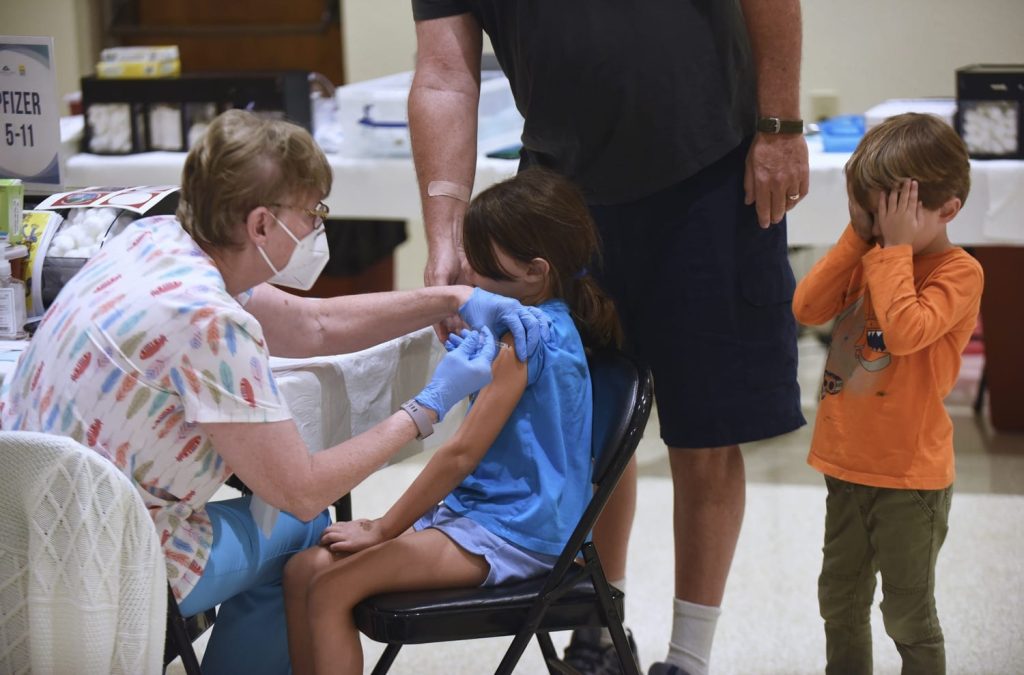A new medical study has revealed that children’s health in the United States has significantly declined over the past seventeen years, with today’s children becoming increasingly prone to obesity, chronic diseases, and mental health problems.
Dr. Christopher Forrest, a pediatrician and one of the lead researchers behind the study published last July, stated that the research relied on 170 indicators and eight data sources — all pointing to the same conclusion: “a general deterioration in children’s health.”
Health Secretary Robert F. Kennedy Jr. recently placed children’s health at the center of political debate. In May, he released the report “Make America Healthy Again” (MAHA), which revealed that children are suffering from poor nutrition and excessive medication use.
Study Links U.S. Child Health Decline to Policy Cuts and Rising Chronic Illness
However, policies from the Trump administration — including cuts to federal health agency budgets, the Medicaid program, and scientific research — are unlikely to help address the problem.
Dr. Frederick Rivara, another pediatrician involved in the study, commented that American children’s health “is not as good as it should be, nor as good as that of children in other countries.” He warned that “current policies will certainly make things worse.”
By analyzing surveys and electronic health records from ten pediatric health systems, along with international mortality statistics, the research team found several alarming results:
-
Childhood obesity rates for children aged 2–19 increased from 17% in 2007–2008 to 21% in 2021–2023.
-
In 2023, children were 15–20% more likely to suffer from conditions such as anxiety, depression, and sleep apnea compared to 2011.
-
The annual prevalence of 97 chronic diseases rose from 40% in 2011 to 46% in 2023.
-
Cases of early puberty onset, sleep disturbances, physical inactivity, depressive symptoms, and loneliness have all increased during the study period.
-
American children were 1.8 times more likely to die between 2007 and 2022 than their peers in other high-income nations. Rates of premature births and sudden infant deaths were also considerably higher, as were firearm-related and car accident fatalities among children aged 1–19.
Children’s Health Reflects Wider Social Strains, Experts Warn
Dr. Forrest noted that the findings reflect broader societal problems, explaining:“When children’s health changes, it’s due to their increased exposure to risks — and that mirrors what’s happening across society as a whole.”
Dr. James Perrin, a pediatrician and spokesperson for the American Academy of Pediatrics, acknowledged that while the data has some limitations and may not apply to all populations, “the core conclusion is correct.”
Finally, the study pointed out that while the MAHA movement focuses on chronic diseases, it paradoxically promotes other policies that may harm children’s welfare, such as rolling back maternal health programs, injury prevention initiatives, and investments aimed at reducing sudden infant deaths.

